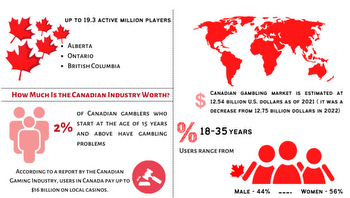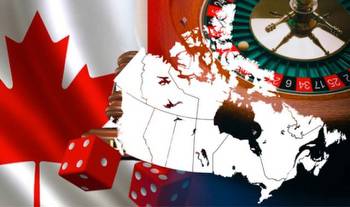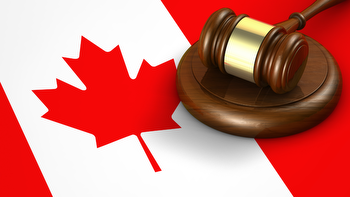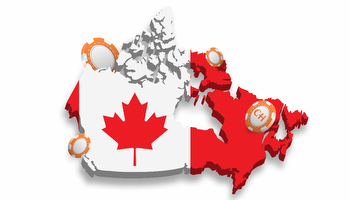Gambling Online in Canada: What You Need To Know
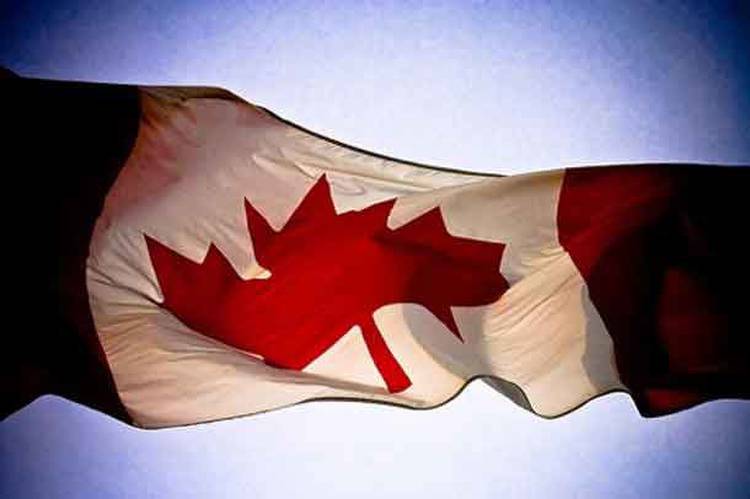
Gambling laws in Canada are pretty complex. All gambling activity is regulated at a provincial level, meaning land-based casinos are few and far between. However, online casinos have opened the doors for everyday players to enjoy the occasional wager. It’s thought that as many as 20 million Canadians regularly gamble online. By the end of 2023, annual revenues for his sector are expected to surpass US$2.1 billion. Thinking about trying your luck at the virtual roulette table at the likes of JackpotCity Casino? We break down everything you need to know about gambling online in Canada.
Gambling Laws in Canada
Back in the 1890s, the Canadian Criminal Code laid out the framework for gambling rules in the country. While rules were strict, gambling was generally accepted. It wasn’t until the 1970s that the Criminal Code underwent a major overhaul. With this revision, individual provinces were allowed to make decisions on gambling laws. The first land-based casino in Canada was in Winnipeg, opening its doors to players in 1989. Later, other territories like Nova Scotia, Ontario and Quebec would enter the fray. While provinces are tasked with policing gambling activity within their borders, the Canadian Gaming Commission maintains oversight of the wider industry.
Gambling in Canada falls into a grey area. However, this doesn’t mean you’ll be prosecuted for playing online. However, some strict rules need to be considered. For starters, it’s essential that any online casino platform you’re playing at isn’t actually based in Canada. On top of this, provincial laws will apply. Most Canadian provinces operate independently of the Canadian Gaming Commission, with only Alberta following national guidance to the letter.
What Are the Exceptions?
While the vast majority of online casinos are based offshore, there are a handful of exceptions to the rule. In the 1990s, the Kahnawake Mohawk Nation began handing gambling licences to other establishments. As a sovereign nation in its own right, it could take advantage of legal loopholes that would otherwise restrict gambling activity elsewhere in the country.
While the law around gambling in Canada is murky, no player has ever been prosecuted for placing a wager. What’s more, any winnings from gambling activity are non-taxable, meaning lucky gamblers get to take home every last penny they earn.
The Future of Online Gambling in Canada
Internet casinos and online gambling in general are still fairly complicated in Canada. However, things are moving in the right direction, making it easier for players to wager online. In 2022, Ontario became the first Canadian providence to completely legalize all forms of online gambling.
There are also growing calls for Canada to relax gambling laws across the board. More gamblers than ever are taking to mobile devices to gamble online, while the revenues from the online gambling sector speak for themselves. Every year, the Canadian economy is boosted by billions of dollars in gambling revenues. Beyond First Nation establishments, there are relatively few land-based gambling venues in Canada. If the country wants to embrace emerging technologies and capitalize on the growing appetite for online gambling, the Criminal Code is long overdue another update.










